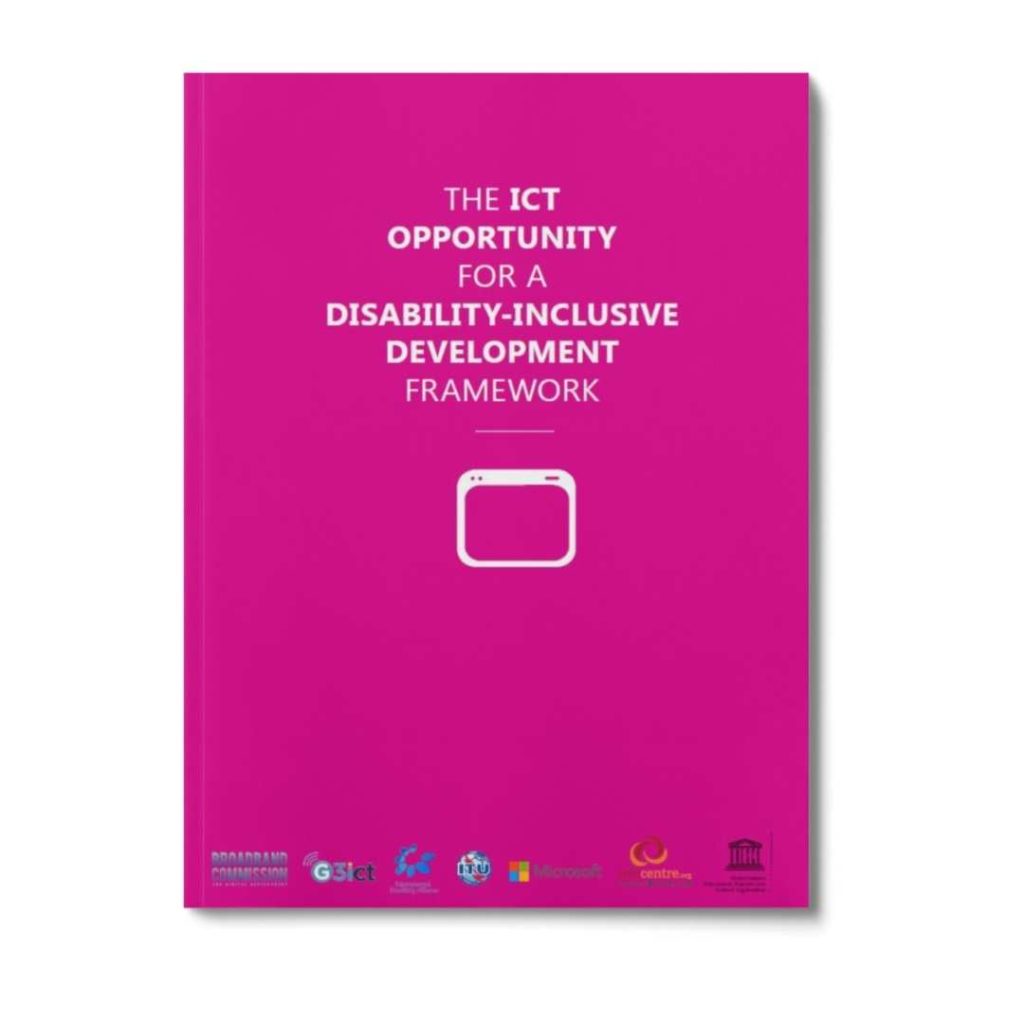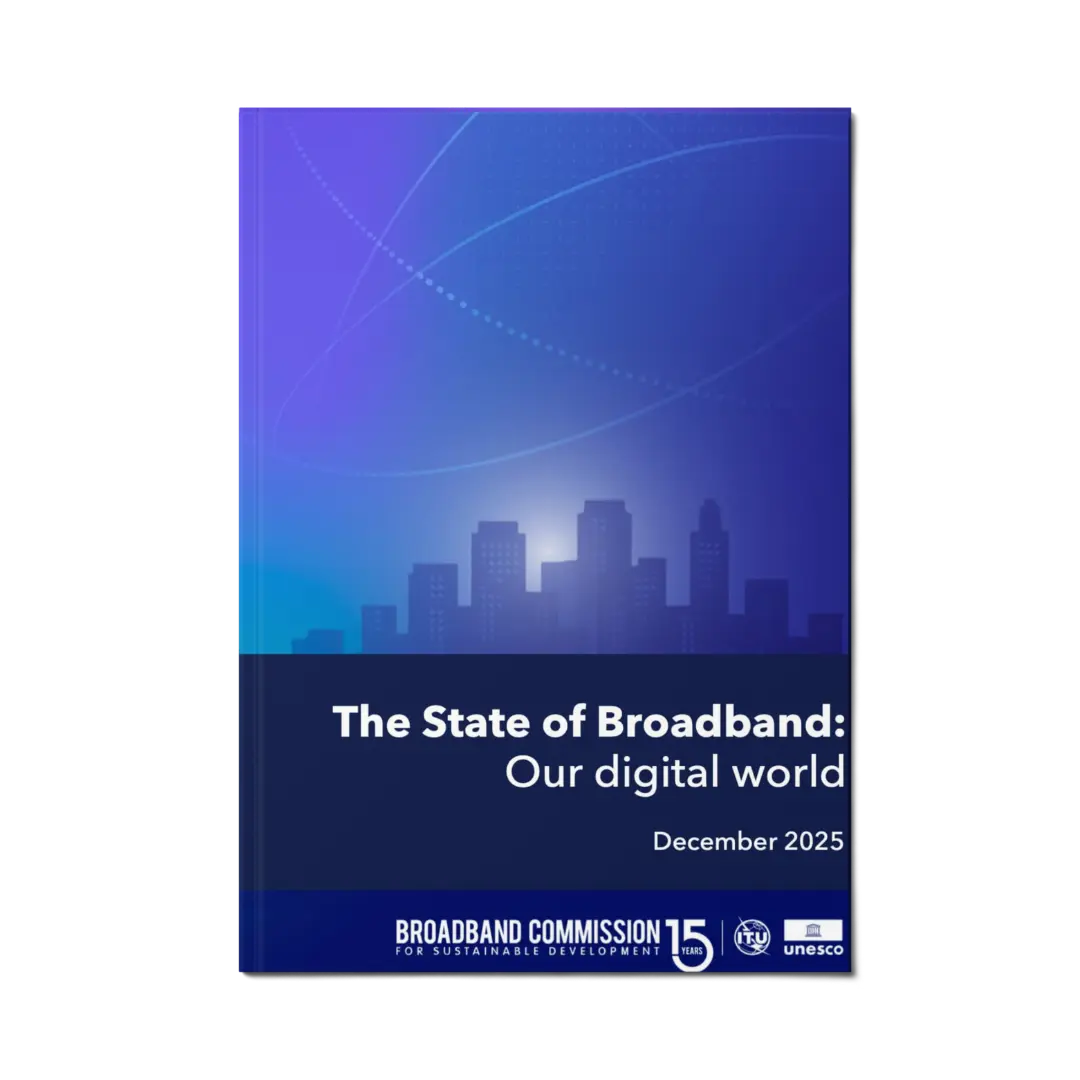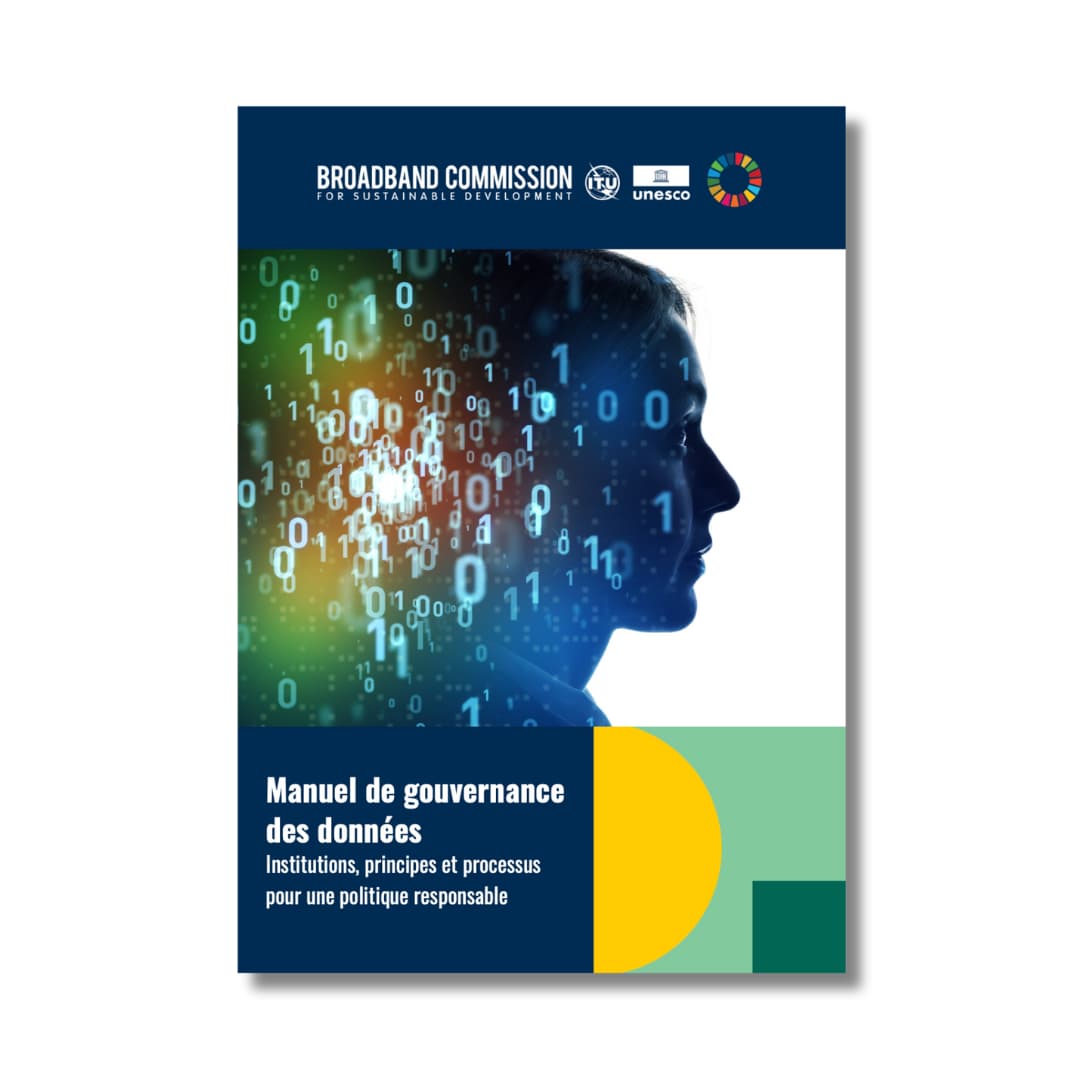More than a billion people live with some form of disability, and 80% of them live in developing countries. Disability is both a cause and a consequence of poverty: poor people are more likely to become disabled, and people with disabilities are among the poorest and most vulnerable groups of the global population.
Regrettably, disability was not included in the Millennium Development Goals (MDGs) or in their operationalizing targets and indicators. As a result, disability has largely been invisible in their implementation, and is rarely included in national policies, programmes, or in monitoring and evaluation efforts related to the MDGs. This has perpetuated a situation in which environmental barriers are still preventing persons with disabilities from accessing, participating and being fully-included in social, economic and political activities.
To address this issue, the Broadband Commission for Digital Development, the Global Initiative for Inclusive Information and Communication Technologies (G3ict), the International Disability Alliance (IDA), the International Telecommunication Union (ITU), Microsoft, the Telecentre.org Foundation and the United Nations Educational, Scientific and Cultural Organization (UNESCO) have jointly produced this ICT Opportunity for a Disability-Inclusive Development Framework. This multi-stakeholder partnership adopted a participatory approach and carried out a global consultation to collect over 150 expert inputs from 55 countries across the world.





